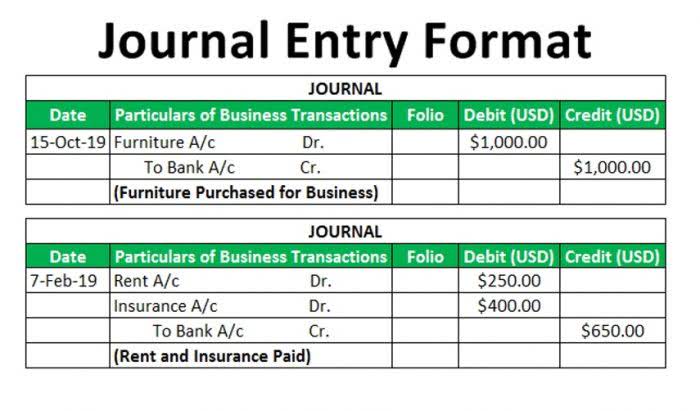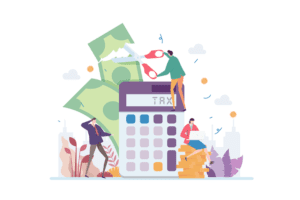
Review revenue, expenses, and net income Food Truck Accounting before and after taxes with this income statement template. The template accounts for all revenue sources and business expenses when calculating net income. Example revenue sources include sales, services provided, and interest.

Services
Add an unlimited number of free sub-users to your account, such as family members, employees, accountants, and tax professionals. Shoeboxed makes it easy to export your yearly expenses into a detailed report. Expense reports let you view all of your expenses in one cohesive document.
Month Cash Flow Forecast Template
These statements are essential for understanding our profits and losses, and they help us communicate with banks or investors when needed. Bookkeeping focuses on recording and organizing financial data, including tasks such as invoicing, billing, payroll and reconciling transactions. Accounting is the interpretation and presentation of that financial data, including aspects such as tax returns, auditing and analyzing performance. Even if you aren’t planning on growing any time soon, you need to have a sense of how much money is coming in versus what is going out.

What is the difference between single-entry and double-entry bookkeeping?
By dedicating time and resources to establish effective record keeping practices, you are investing in the long-term success and stability of your small business. By implementing these recommendations, you can ensure that your record keeping processes are optimized, efficient, and compliant. This will provide you with accurate financial insights, enhance decision-making capabilities, minimize risks, and streamline your operations. Remember to regularly review and update your retention schedule to align with changing regulations and business needs. By maintaining a consistent and well-documented process for retention and disposal, you can effectively manage your record lifecycle and ensure compliance while protecting sensitive information. Properly organizing customer and vendor records is essential for efficient operations and building strong business relationships.
- Documents like receipts, gross receipts and small business expenses, debits, and credit statements should be stored for easy retrieval.
- Most accounting software does this for you, so you don’t need to worry about an extra step.
- The template provides a running total each time you enter a new invoice and calculates the total amount invoiced to date.
- Ultimately, the right method for your business will depend on a careful evaluation of your needs, resources, and preferences.
- When this is done in the accounting software, the invoice is created, and a journal entry is made, debiting the cash or accounts receivable account while crediting the sales account.
- The best accounting software automates a lot of the process in journal entries for regular debits and credits to help eliminate possible errors in data entry.
Financial records
You no longer need to worry about entering the double-entry data into two accounts. Effective record keeping is a critical aspect of running a successful small business. It enables record keeping for small business you to maintain financial transparency, comply with legal requirements, make informed decisions, and build trust among stakeholders.

A simplified filing system makes it easy to store and retrieve documents, reducing stress during tax season or audits. Choose a method that suits your business, whether digital folders or traditional filing cabinets. Label everything clearly unearned revenue and categorize documents into sections such as invoices, receipts, contracts, and payroll. Another type of accounting method is the accrual-based accounting method.
- The length of time you should keep a document depends on the action, expense, or event the document records.
- That way, you’ll still have the others if something happens to one of them.
- Efficient bookkeeping involves foresight, meaning that a business should always plan for upcoming financial events, including tax time.
- We believe everyone should be able to make financial decisions with confidence.
- A ledger is a book that contains the totals from all of your journals.
- This accounting method presumes that your most recent (last in) products will be the first to sell (first out).
Tax Records

This trial balance worksheet compares beginning and ending balances on each of your financial accounts based on debit and credit transactions over a given period. The template also calculates the total balance across all accounts and the total variance. Customize account titles and categories as needed to reflect your specific business. Efficient management of cash flow requires keeping complete records of accounts payable and accounts receivable. Your financial stability may be jeopardised by late payments from clients or by neglecting to pay bills.
They also make it simple to share your purchases with your accountant. The following are other documents that are essential to keep, and the timeframes for keeping them are as follows. Using FIFO not only reduces waste but also helps maintain product quality for your customers.